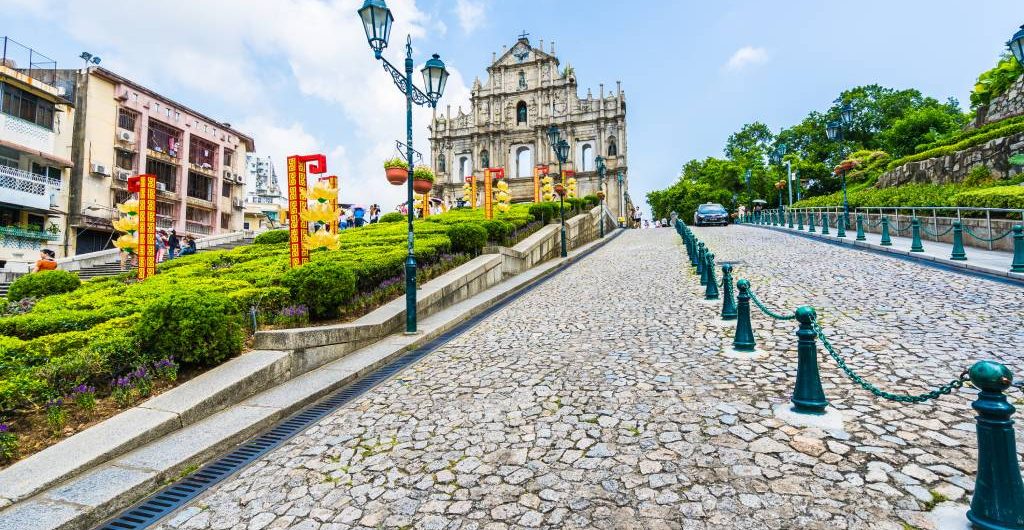
Historical Background
-
Early history and colonization: Macau’s history dates back over 400 years when it was initially a fishing village. It became a Portuguese colony in the 16th century, serving as a vital trading post between China and Europe.
-
Portuguese influence and colonization: For more than 400 years, Macau remained under Portuguese rule, leading to a rich amalgamation of Chinese and Portuguese cultures. This influence can be seen in the city’s architecture, cuisine, and traditions.
- Handover to China: In 1999, Macau was handed back to China, becoming a Special Administrative Region, like Hong Kong. It enjoys a high degree of autonomy under the “one country, two systems” principle.
Geography and Climate
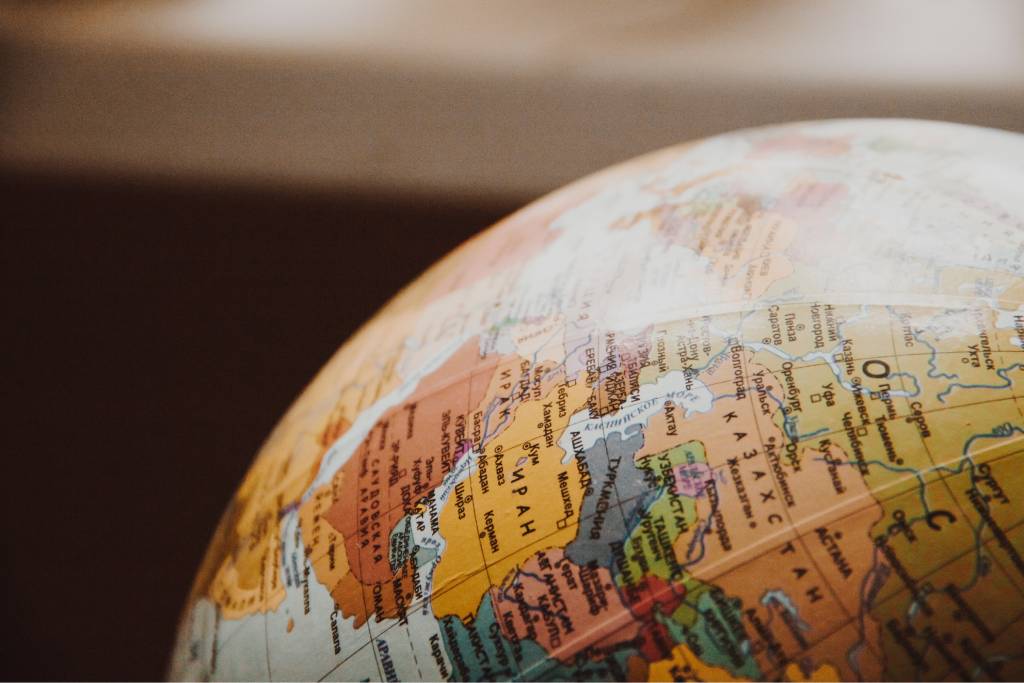
-
Location and geographical features: Macau is situated on the western side of the Pearl River Delta, across from Hong Kong. It consists of a small peninsula and two islands, Taipa and Coloane. The region is known for its picturesque coastline and hilly terrain.
- Climate and weather patterns: Macau has a subtropical climate with hot and humid summers and mild winters. It experiences typhoons during the summer and early autumn months, which can impact daily life and tourism.
Culture and Society
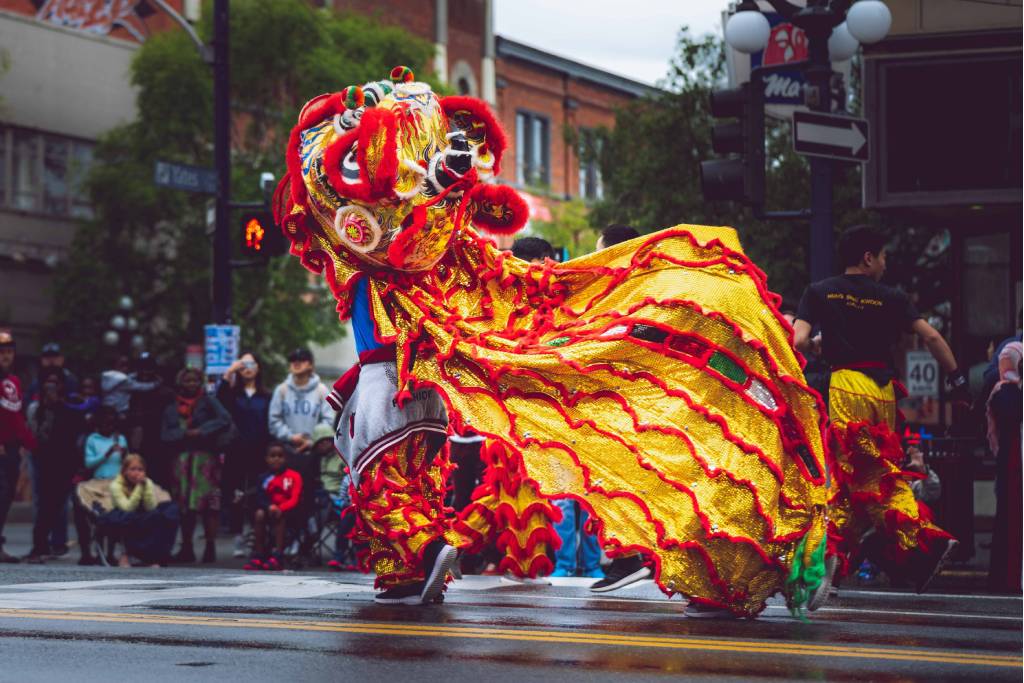
-
Multicultural heritage: Macau’s population is a diverse mix of Chinese and Portuguese ethnicities, creating a unique cultural tapestry. This blend is reflected in the local art, music, and way of life.
-
Language and religion: Chinese (Cantonese) and Portuguese are the official languages, and a significant portion of the population practices Buddhism, Taoism, and Christianity.
-
Traditions and festivals: Macau celebrates a range of festivals, including the Chinese New Year, Dragon Boat Festival, and the Macau International Fireworks Display Contest, attracting visitors from around the world.
Economy and Tourism
-
Economic development: Macau’s economy is driven primarily by tourism, gaming, and financial services. It boasts one of the world’s highest GDP per capita, thanks largely to its thriving casino industry.
-
Tourism industry: Macau is a popular tourist destination, drawing millions of visitors each year. Its attractions include historical sites, cultural events, and world-class entertainment.
-
Casino and entertainment industry: Macau is often called the “Gambling Capital of the World,” with a vast array of casinos and resorts. It rivals Las Vegas in terms of gaming revenue, making it a global hub for entertainment.
Macau as a Special Administrative Region (SAR)
-
Relationship with China: Under the “one country, two systems” framework, Macau maintains a high degree of autonomy in its local affairs while being part of the People’s Republic of China.
-
Governance and autonomy: Macau has its legal and judicial systems, separate from mainland China. It elects its Chief Executive and has its currency, the Macanese pataca.
-
Legal and political status: Macau has a unique legal system based on Portuguese civil law, and it retains certain freedoms, such as freedom of the press and freedom of speech, that are not always present in mainland China.
Landmarks and Attractions
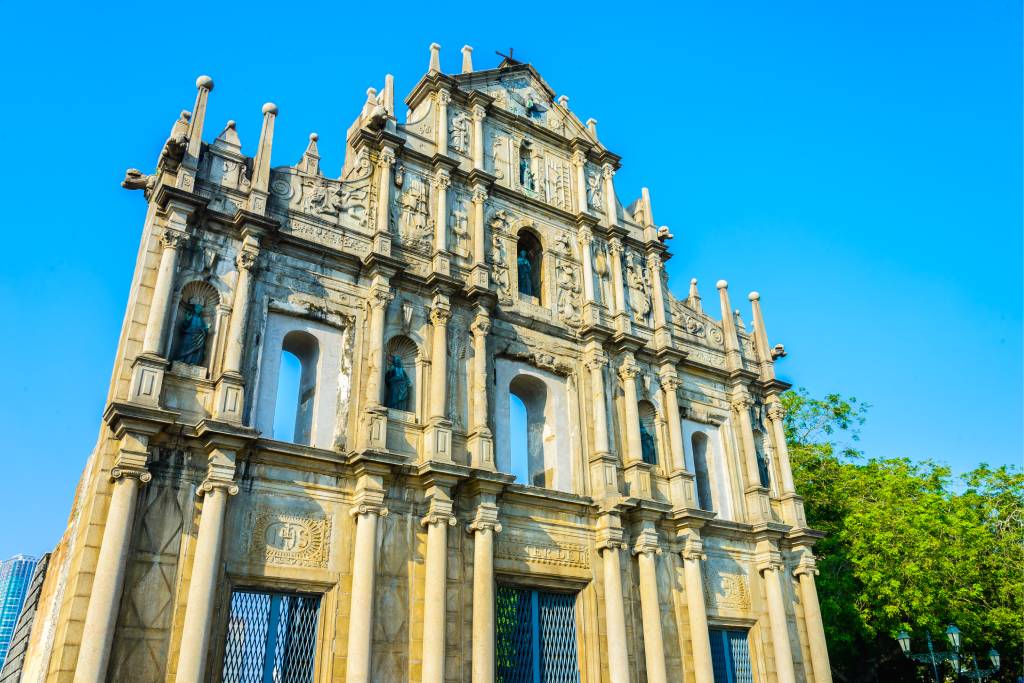
-
Historic sites and architecture: Macau boasts UNESCO-listed sites like the Historic Centre of Macau, which includes colonial-era buildings, forts, and churches. Notable examples are St. Paul’s Ruins and the A-Ma Temple.
-
Modern attractions: The skyline is adorned with modern skyscrapers, luxury resorts, and entertainment complexes like the Cotai Strip. The Macau Tower offers breathtaking views and thrilling activities.
-
Natural beauty and parks: Macau also has serene parks and gardens, such as the Lou Lim Ieoc Garden and Hac Sa Beach, where visitors can enjoy nature amidst the urban environment.
Cuisine
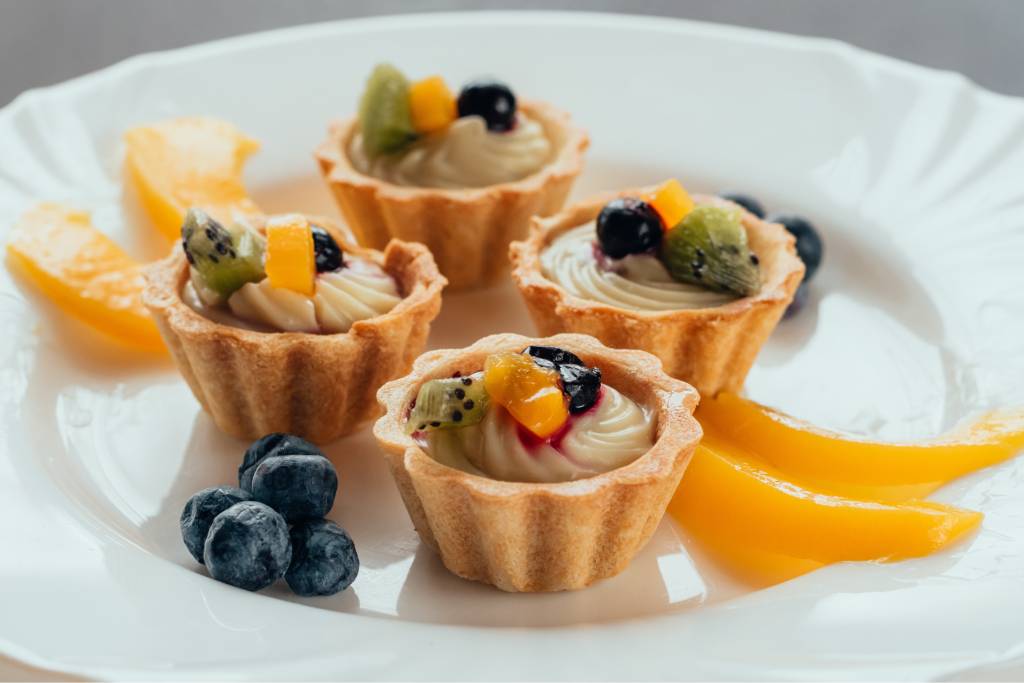
-
Traditional Macanese dishes: Macau’s culinary scene is a fusion of Chinese and Portuguese influences. Signature dishes include Portuguese egg tarts, African chicken, and bacalhau à brás (a codfish dish).
-
Influence of Portuguese and Chinese cuisines: The cuisine is a testament to the region’s multicultural heritage, featuring flavors, spices, and ingredients from both Chinese and Portuguese traditions.
-
Culinary specialties: Macau is also known for its street food culture, with vendors offering delicacies like pork chop buns, almond cookies, and snake soup.
Challenges and Future Prospects
- Socioeconomic challenges: Despite its prosperity, Macau faces challenges related to income inequality, housing affordability, and the impact of the COVID-19 pandemic on tourism and gaming.
-
Tourism sustainability: There is a growing need to diversify the economy and ensure sustainable tourism practices to reduce dependency on the gaming industry.
-
Future developments and prospects: Macau is looking to develop new industries, such as finance and technology, to secure its long-term economic stability.